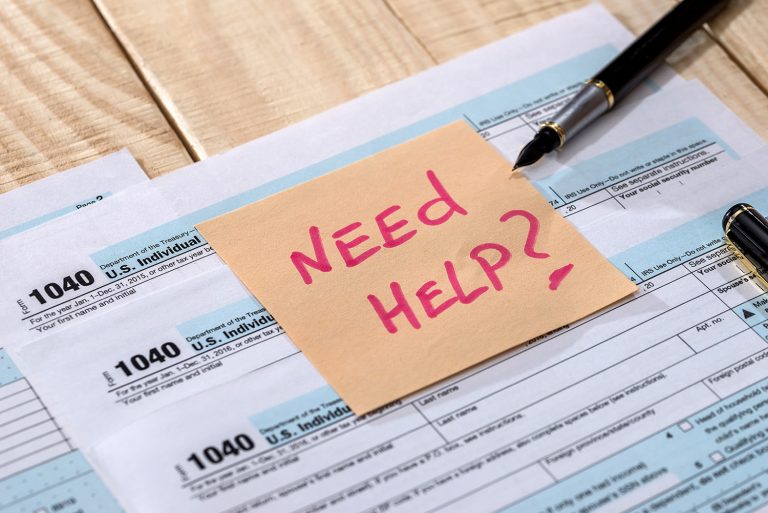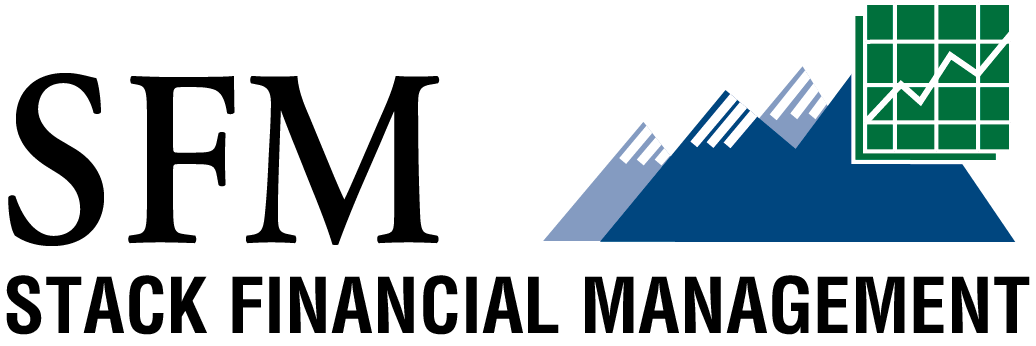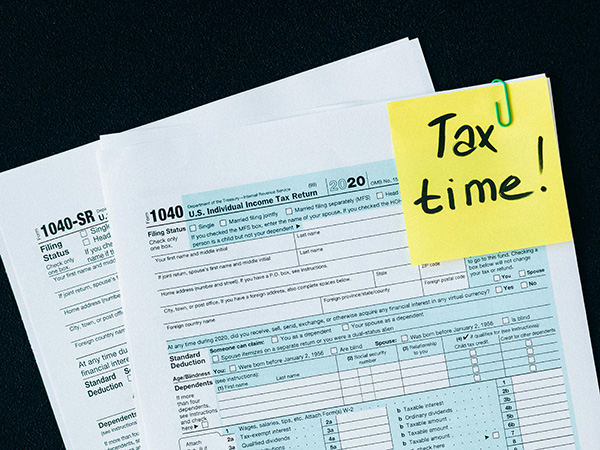
As Benjamin Franklin once said, “In this world, nothing is certain except death and taxes.” Neither of these are fun topics, but we’re here to help. Today we’ll focus on the tax side of things. When it comes to taxes, no two individuals are alike, so it can be hard to determine if basic tax software will do the job or if you should hire a tax professional. Then, you have to figure out which software is the best or go about the process of interviewing and hiring someone to help with your taxes. The following is designed to give you better insight into your needs and help point you in the right direction.
Start by analyzing your situation. If things are fairly straight forward and you only have to enter the W-2 information from your employer along with 1099 forms from your bank and a brokerage account, tax software will likely suit your needs just fine.
There are many different types of tax software available. Turbo Tax and H&R Block tend to rank at the top of most reviews, followed by Tax Act, Tax Slayer and FreeTaxUSA.
If you’d like a little more help and information but don’t have anything overly complex, a retail tax franchise might be your best bet. These services offer competent help for straightforward situations, and you can always ask to meet with one of their professionals who is a CPA, EA, or seasoned tax planner.
How do you know if you need a tax professional? We’d recommend you consider one if you’re self-employed, own rental property, have any foreign investments or financial accounts, or if you’ve gone through a major life event like marriage or moving to a new state. You should also consider hiring a professional if you’ve made mistakes on any prior year returns or are being audited. While tax professionals aren’t cheap, hiring one to help you with any complexities can save you time and money in the long run.
Tips to assist you with your search:
It’s helpful to understand the different types of tax professionals.
- Accountants often work in the tax or financial accounting profession and follow specific rules and regulations. They’re best for simple and straightforward tax issues.
- Certified Public Accountants (CPAs) are tax or financial accounting professionals who have passed the rigorous CPA exam and met the work requirements in order to be licensed. They must satisfy annual continuing education requirements and can also represent you before the IRS in an audit. They often specialize in areas specific to accounting, and some specialize in tax accounting. However, not all CPAs handle tax issues.
- Enrolled Agents (EAs) have passed rigorous testing and background checks administered by the IRS. They often specialize in certain tax areas and they’re the best for complex tax situations. They can represent you before the IRS if you’re dealing with an audit or collections.
- Tax attorneys are lawyers who specialize in tax law. They often have a Master of Laws degree in Taxation as well as the required Juris Doctor degree. They’re best for complex legal matters such as preparing estate tax returns or taking your case before the U.S. Tax Court.
Online resources to help narrow down your search:
- CPA Directory is a great database to use to look for a licensed CPA in your area. The search functionality allows you to narrow your search by the services provided and industries served, so you can see who might best fit your needs. Once you’ve found a CPA, it’s a good idea to ensure they’re properly licensed with your state accountancy board. The status of a CPA can be checked here.
- National Association of Enrolled Agents (NAEA) is a database that allows you to search from enrolled agents.
- IRS Directory of Federal Tax Return Preparers with Credentials and Select Qualifications is an IRS directory of Preparer Tax Identification Number (PTIN) holders who also hold professional credentials such as CPA or EA. This directory also includes attorneys who specialize in tax preparation and planning as well as preparers who voluntarily complete a continuing education program each year.
Sample questions to consider using when interviewing your prospective tax professionals:
- What licenses or designations do you hold and is your registration current?
- Tell me about your background and reasons why you work as an accountant.
- What are your areas of expertise and how would you describe your ideal client?
- How accessible are you? Do you outsource any of your work, or do you perform it all personally? If you outsource a portion of your work, tell me as much as you can about the others that will be involved in helping prepare my taxes.
- What software programs or apps do you use? (It’s helpful to have someone who is current with technology to make it easy and secure to send necessary information.)
- Tell me about your fees and any additional services you provide. Will you be proactive in helping me plan to be tax efficient throughout the year, or are you primarily completing and filing my taxes? Are you willing to discuss my situation and your recommendations with my other financial professionals to ensure everything is working in coordination?
- How long do you expect it will take to complete my taxes? Will you be able to file on time or do you think my situation requires an extension?
- Based on my prior year’s tax return, do you think I’m paying too much, too little, or the right amount of tax?



